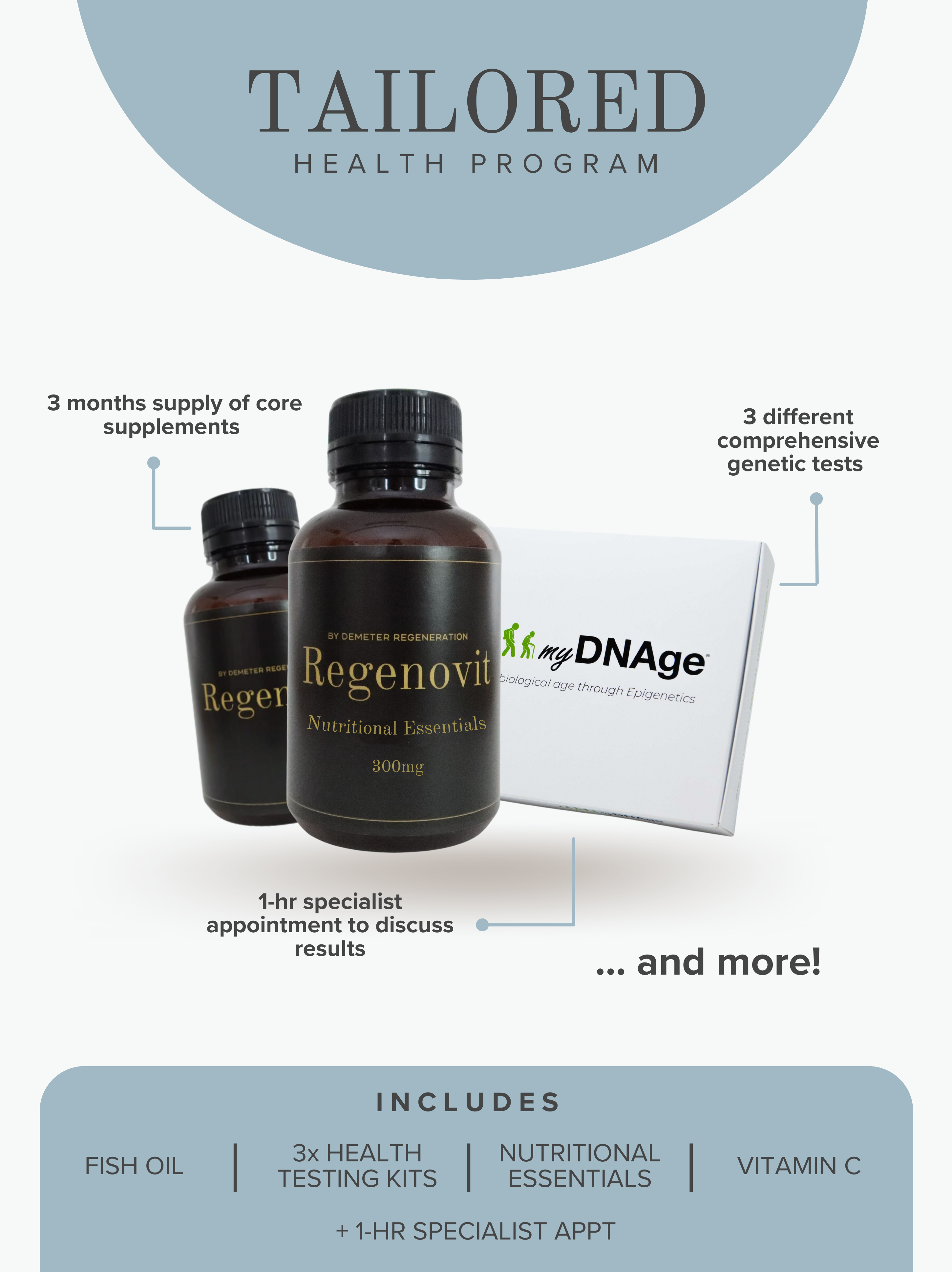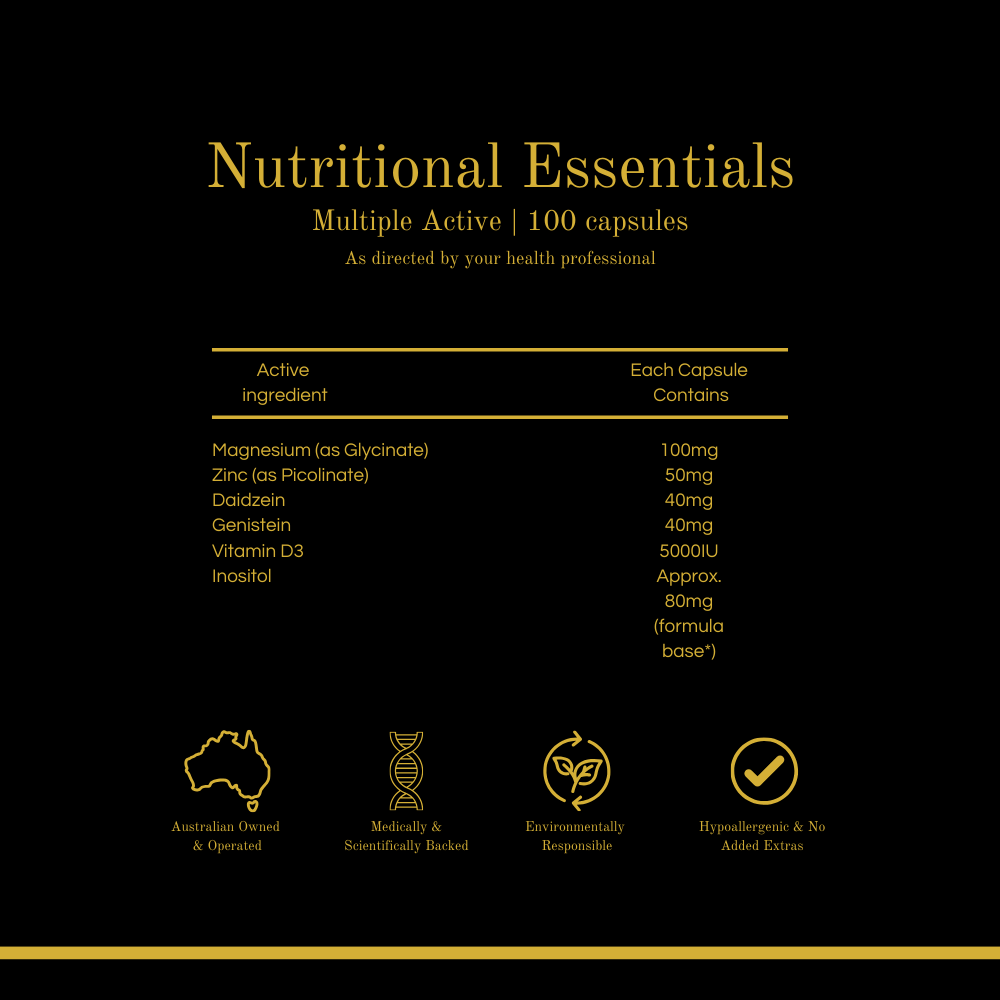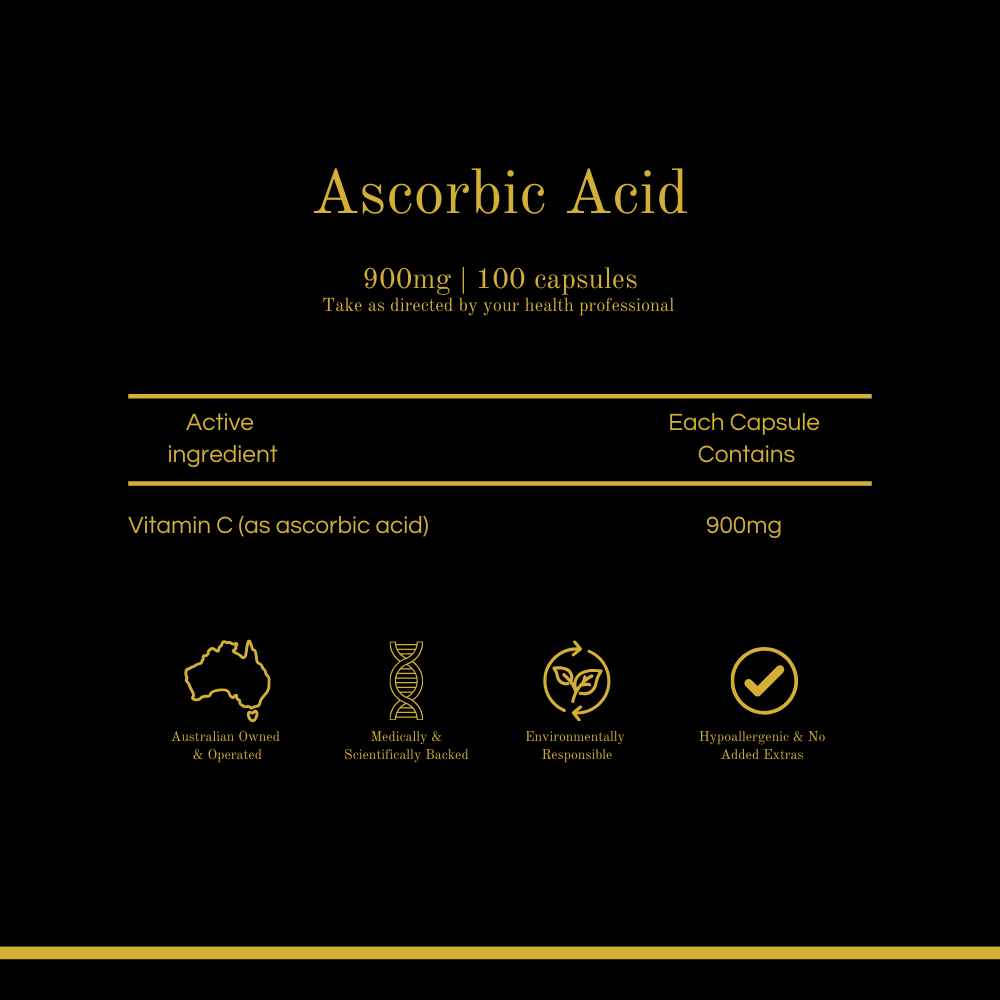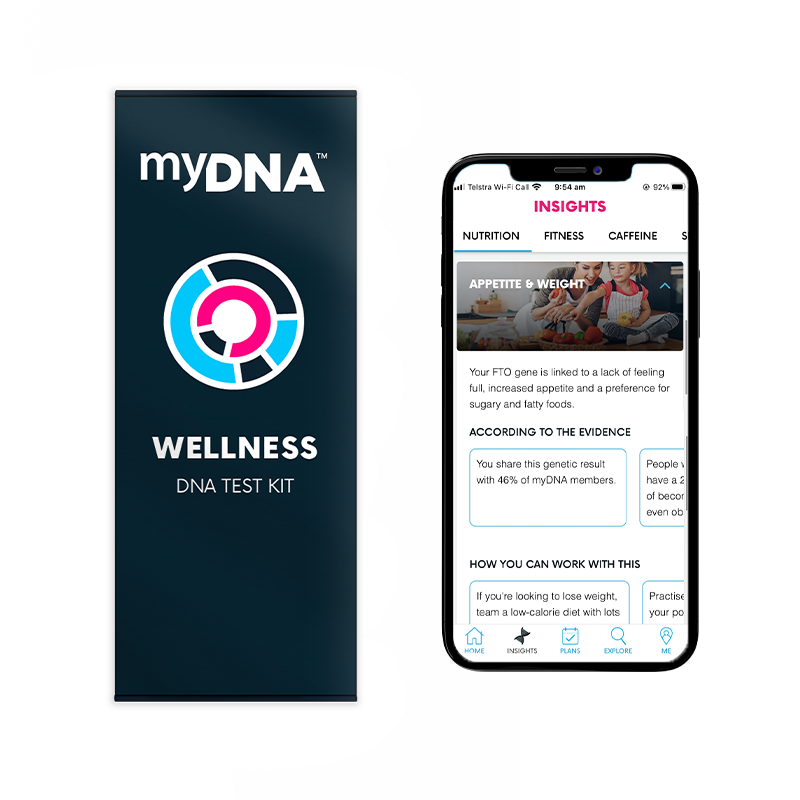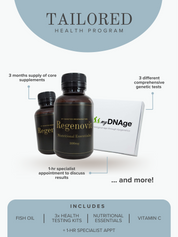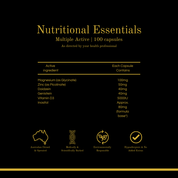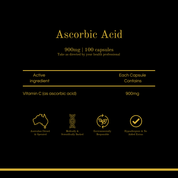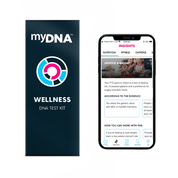What is compounding?
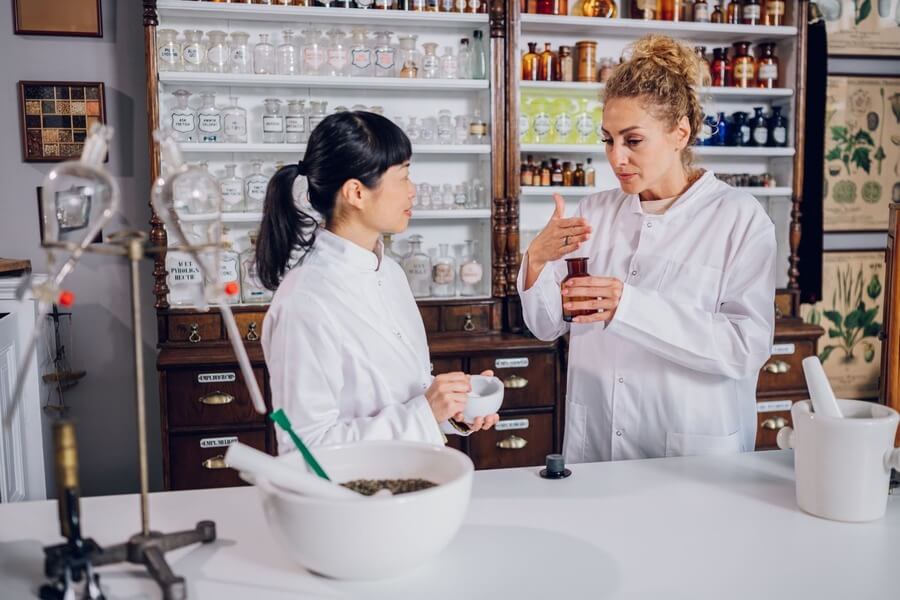
Drive through any large town or city, and you’ll pass plenty of pharmacies. Ever so often, one will say ‘Compounding chemist’. So, what does that mean? And how does it help you?
What is a compound?
A compound is a substance formed when two or more chemical elements are chemically bonded together in a fixed ratio. Salt, for example, is a chemical compound (sodium chloride)made from a 1:1 ratio of sodium and chloride.
What is a compounding chemist?
Commercially manufactured medicines meet the needs of the average patient. But, many patients are not average and may not be able to take typical products.
A compounding chemist (or compound pharmacist) makes personalised medicines to meet the needs of individual patients. That enables patients to access the care they need and improves outcomes.
A compounding chemist can:
- Alter a medication’s ingredients to suit a particular patient’s needs.
- Change the format of a medication, e.g. from tablet to liquid, to suit your preferences.
- Make the medication available in a specific dose.
- Combine several medications into one to simplify your daily medication regimen.
- Make batches of products to exclude common allergy-causing ingredients to benefit a defined group of patients.
What are the benefits of compounding?
Compounding benefits patients who need a certain approach to their medicines.
Imagine your child is prescribed a popular antibiotic to treat an ear infection. Usually, that antibiotic comes in a bright pink syrup. However, red (or pink) food dye makes your child hyperactive and impossible to manage. A compounding chemist can make your child’s medication without the food colouring.
Imagine you’re a vegan and won’t take medications containing lactose, lanolin or gelatin. A compounding pharmacist can remove those for you.
Imagine you’re gradually stopping a medication that only comes in 1000 mg or 500 mg tablets. The tablets are too small to split but you need a gentler step down between doses. A compounding pharmacist could make your medication in a 250 mg tablet, allowing you to wean yourself off the medication more gently.
What’s involved in creating a compound medication?
It varies a little from one pharmacy to another, but the compounding pharmacist will usually:
- Check your prescription.
- Discuss your needs with you and your doctor to get a clear understanding of what’s required.
- Gather the necessary ingredients, then mix them carefully and precisely to ensure the right dose.
- Form the medicine into the desired form, such as a cream or liquid.
How are compounding pharmacies regulated?
Mass-produced medicines are made in factories by companies that have a manufacturer’s licence. Once approved by the Therapeutic Goods Administration, these products are then entered into the Australian Register of Therapeutic Goods.
It works a little differently for compounded medicines. These are not mass produced. They can be made to order in community or hospital pharmacies. Pharmacists who wish to compound medicines must abide by rules set down by the Therapeutic Goods Administration and the Pharmacy Board of Australia.
Complex compounding is a specialised area of practice, which is why only certain pharmacists do it. As well as completing appropriate training, compounding pharmacists must ensure they have:
- Suitable premises, equipment and ingredients to compound medications.
- Appropriate risk management processes are in place.
- Professional indemnity insurance that covers their compounding activities.
Compounding at Regenovit
At Regenovit, we compound our products, meaning we can tailor and update them based on ongoing research.
We find that compounding:
- Simplifies treatment regimens.
- Addresses unique medication requirements, catering to allergies or dosage needs.
- Improves medication adherence.
- Reduces the risk of adverse effects associated with multiple medications or supplements.
Ultimately, compounding can make an important contribution to better overall health outcomes for patients.
Take a look at Regenovit’s tailored formulations today.
Disclaimer
All information is general and not intended as a substitute for professional advice.
References
- Chemicool, Definition of a compound, https://www.chemicool.com/definition/compound.html, [Accessed 9 May 2024]
- Therapeutic Goods Administration, GMP information for manufacturers of compounded medicines and DAAs, https://www.tga.gov.au/resources/resource/guidance/gmp-information-manufacturers-compounded-medicines-and-daas, [Accessed 9 May 2024]
- Pharmacy Board of Australia, , [Accessed 9 May 2024]
